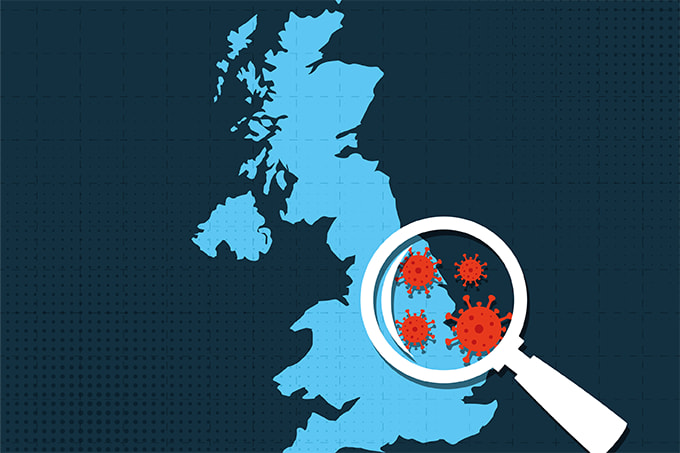It’s clear by now that COVID-19 is not going away. That is, not in the near future – and not without effective diagnostic, therapeutic, and preventative measures. In my mind, the key question is not, “When will the pandemic be over?” but, “How can we deal with COVID-19 in both the short and the long term?”

At Technopath, we screen both symptomatic and asymptomatic plasma donors to establish the prevalence of SARS-CoV-2 in the community. Symptomatic COVID-19 patients undergo plasmapheresis post-infection, taking plasma donations from convalescent individuals on a weekly or bi-weekly basis. Case tracking allows us to monitor patient antibody production – and to manufacture the quality control solutions urgently needed for diagnostic testing.
As we continue to collect and screen plasma from repeat donors, preliminary results appear encouraging. We see approximately a 200–300 percent increase in IgG antibodies between weeks six and eight post-infection – indicating a strong level of potential immunity. However, our data shows that antibody levels are low shortly after SARS-CoV-2 infection. Many tests are not sensitive enough to detect such low antibody levels, leading to false-negative results. From our experience, the only tests sensitive enough to detect antibodies at an early stage of seroconversion are laboratory-based assays. This underscores the urgent need for a gold standard set of COVID-19 quality control materials to standardize diagnostic assay performance – a critical step to enhance the range of diagnostic tests on the market.
Our data show that laboratory antibody testing is very accurate. Everyone should be tested for antibodies because the number of asymptomatic cases appears to be very high – some studies estimate over 80 percent. Because both symptomatic and asymptomatic patients develop significant antibody levels, antibody treatment may be a viable therapy that could precede any vaccine. In Ireland, antibody treatment should be routine by the end of summer 2020.
According to the Coronavirus Vaccine Tracker (1), almost 150 vaccines are in development. Once safety and dose are established, the biggest challenge with vaccines is how quickly patients seroconvert and develop antibodies effective against the virus. Our preliminary results suggest that this is a slow process, but that strong immunity is possible.
As long as we live in a pre-vaccine world, easing restrictions on travel and social distancing carries a risk of moving us rapidly in the wrong direction. Europe and the US worked diligently to flatten the curve of new infections in March and April – but, now that the US has “opened up,” our case numbers have soared. We’re now consistently outpacing reports from past months.
The pandemic is going to have a long tail and, without a reliable and efficacious vaccine, the problem won’t go away. For vulnerable populations, this presents a serious challenge for the unforeseeable future. For now, we must all balance avoiding the very real threat of COVID-19 infection with the mental health challenges of self-isolation – and work as fast as possible toward highly effective tests, treatments, and vaccines.
References
- The New York Times, “Coronavirus Vaccine Tracker” (2020). Available at: https://nyti.ms/38k7NRS.




